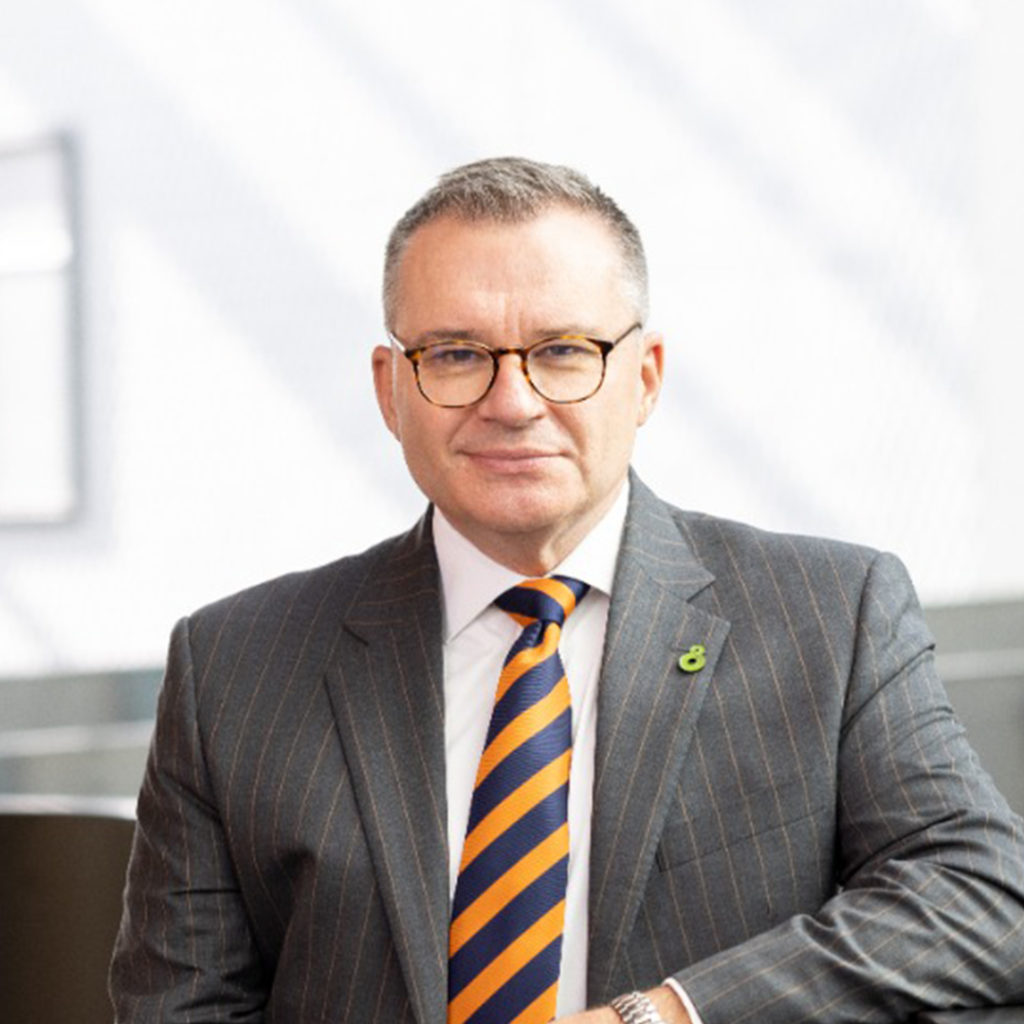Last week saw the commencement of duties of our newest vice chancellor, with Mark Scott taking up the reins at the University of Sydney. He did so remotely of course, through a series of Zoom meetings, with colleagues, and maybe partners, mostly working from home in a lockdown.
That way of commencing a new job has become increasingly common for the many new VCs that have started in the last 18 months. What has been less common is the journey Mark has been on to take up his position. Not many were given their first university appointment to the very top job. They had usually earned their stripes and mastered their trade. Their career route may have been building research and teaching careers, developing academic management and leadership skills, and building their academic networks, while working through the ranks of Professor, Head of School, and Dean to membership of the chancellery.
Mark’s route has been different. He was most recently the secretary of the NSW Department of Education, with oversight of secondary and primary schools, and administering public policy. Before that, he was managing director of the national broadcaster, the ABC. There he led transformation of a publicly funded institution, in the face of government scrutiny and criticism, through significant changes in customer expectations, fuelled by technological advances. He presided over a disruption of the broadcasting business model.
He now comes to his new appointment with public administration skills, an ability to advocate to government funders, and deep knowledge of how markets change through digital innovation. He will have gained knowledge of how to lead people, culture, tight finances and a complex organisation.
The world of business and universities do have significant differences. One is in knowing the customer. In business, one generally has a very clear focus on who the customer is. In the university sector it’s less clear. Is it the student body, the alumni, the government, or even more broadly, society at large? Not knowing the customer can lead to development of products or services which are not fit for purpose; or that fail to meet expectations of the market.
The culture in the two environments differs. This partly arises by the significant 'agency' university academics possess. This agency ensures the university stays true to its roots as a place for rigorous academic debate and freedom of speech. But it can make the culture one of resisting change ー even when there is overwhelming external evidence to develop new ways of working.
We may see new routes to becoming a professor in the future, with one being, as Mark has demonstrated is possible, transitioning from key leadership roles outside the academy. This may draw in more leaders with highly valuable but specific skill sets obtained in industry or business but not necessarily with the traditional research pedigree of publication profile. And new routes may emerge through an accelerated internal track for future leaders with a passion for leadership while being willing to leave behind their research or teaching. The increased prevalence of alternative routes will increase diversity of leadership in universities, which otherwise will take considerable time.
One of the ways in which universities are changing – to reflect criticism by public funders, to be relevant to multiple customers, and to reflect how markets and technologies are changing together – is to pursue partnerships. Partnerships between universities was advocated in Mark Scott’s messages in taking on the role to reflect that even our largest and oldest universities can’t do it alone. He has learnt from his time at the NSW Department of Education that many external university partners welcome collaborative efforts in the sector, rather than each claiming to be the best at everything.
Partnerships with our various customers, whether for new graduates or professional development, or for knowledge transfer, innovation and commercialisation of research, are likely to be more common. Employers have become more discerning, engaged and knowledgeable about the needs of their workforces. And businesses and government have become clearer on the expertise, knowledge and innovation capacity required to deliver strategies.
Partnerships with other educational service providers are growing, particularly with the growth of educational technologies. The increasing focus on the student experience, in an increasingly hybrid world for domestic and international students, mean that partnerships with technology service providers are growing in prominence.
Universities will increasingly need strategies, policies, staff and leaders with an increasing interest, commitment, experience and skillset suited to identifying, forging, supporting and optimising this growing variety of partnerships.
One university that has focused on this is Auckland University of Technology. It has done this in its teaching by reconceptualising the curriculum. It aims to ensure that there is choice for its students to provide a significant breadth of opportunity at the undergraduate level. The careers of the future are not one dimensional, and so offering students exposure to multiple disciplines provides skills and experience that are fit for purpose.
Ensuring that work integrated learning supports both students and industry partners, for relevance and mutual benefit, is a key element. In its approach to research, AUT seeks to make a difference through industry partnerships which provide not merely solutions to problems but actually frame the problems with partners. Co-framing in this way allows for more open dialogue and leads to porous boundaries – the aim being a 'university without walls'.
AUT is not alone in seeking a more partnership-oriented approach and this is emerging as a new race for universities. One of the challenges in seeking to win this new race is to build a culture that supports doing this better than competitors. When we are in survival mode, the tendency is to hunker down, slow down innovation, and resort to what we know. But the best way of winning this new race might be to reach out, speed up and try new things. And professors and leaders that have always done it the old way might not be the best runners, or leaders, for the new race we are in.
Martin Betts is co-founder of HEDx and Emeritus Professor at Griffith University.

Professor Guy Littlefair is PVC of Auckland University of Technology.
Do you have an idea for a story?Email [email protected]
 Campus Review The latest in higher education news
Campus Review The latest in higher education news


